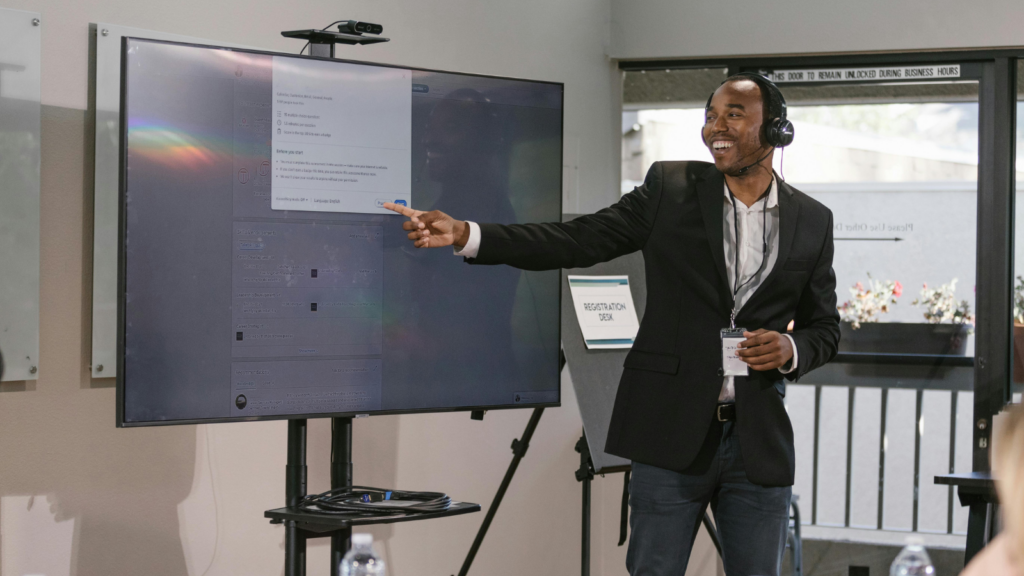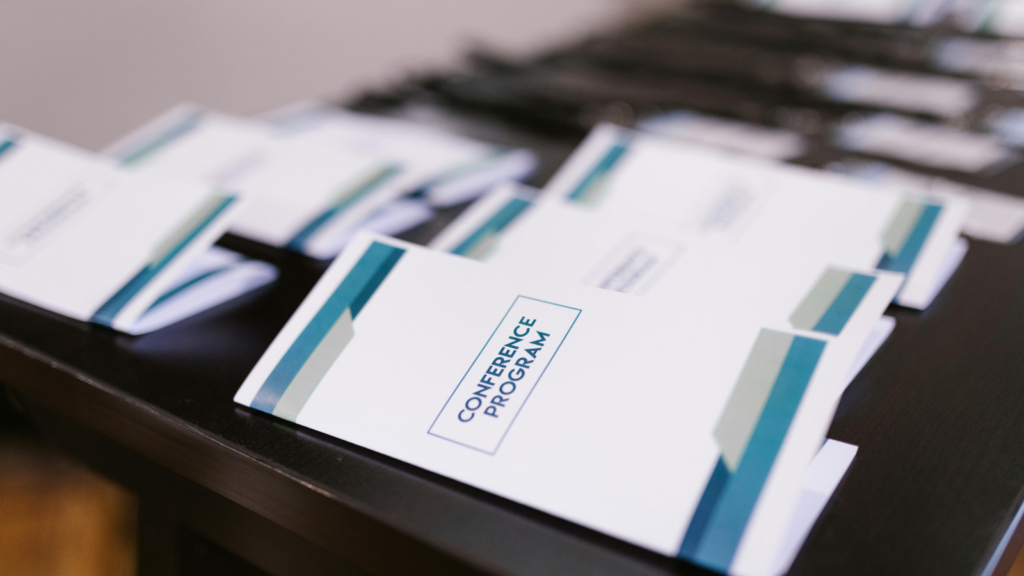Planning an event can feel like juggling a thousand moving parts, each one crucial to the success of the occasion. Whether it’s a corporate conference, a wedding, or a charity gala, professional event coordination transforms chaos into a seamless experience. I’ve seen firsthand how skilled coordinators blend creativity with logistics to craft memorable events that leave lasting impressions.
In this fast-paced world, the demand for professional event coordination is skyrocketing. They possess the unique ability to anticipate challenges and adapt to any situation, ensuring everything runs smoothly. From selecting the perfect venue to managing vendors and timelines, they handle it all with finesse. Let’s explore how professional event coordination can turn your vision into reality, creating unforgettable moments with precision and flair.
Professional Event Coordination
Professional event coordination involves meticulous planning and management. Coordinators handle every detail to ensure seamless execution. By aligning client visions with logistical requirements, they create cohesive plans. Event goals, theme selection, and budget considerations form the foundation of their strategy.
Communication plays a critical role in event coordination. Coordinators establish clear channels with clients, vendors, and venue managers. This ensures all parties are aligned, reducing misunderstandings and enhancing collaboration. Effective communication also helps in calming unexpected situations.
Time management is another core aspect. Coordinators develop timelines to track progress. They schedule tasks and follow up to ensure delivery deadlines are met. By prioritizing tasks, they maintain efficiency and prevent last-minute chaos.

Vendor management is crucial to event success. Skilled coordinators source reliable vendors for catering, décor, and audiovisual needs. They negotiate contracts to secure favorable terms, ensuring quality within budget constraints.
Technology integration streamlines event processes. Coordinators use event management software for registration, guest lists, and data analytics. By leveraging technology, they enhance attendee experience and optimize operations.
Risk management ensures success regardless of unforeseen issues. Coordinators identify potential risks and formulate mitigation plans. They adapt with contingency measures, safeguarding the event’s smooth execution.
In professional event coordination, a combination of strategic planning, communication, time management, vendor management, technology, and risk management results in successful and memorable events.
Key Responsibilities of Event Coordinators
Planning and Organization
Coordinators organize events by defining objectives, selecting themes, and mapping out logistical details. I create detailed timelines and schedules to track task progress and maintain control over the entire process. Budget management is an essential element, as it ensures resources are allocated efficiently to match the event scale and client requirements.
Vendor Management & On-Site Coordination

Selecting and managing vendors is crucial for quality maintenance and budget compliance. I source reliable vendors and negotiate contracts to secure favorable terms. Building strong vendor relationships is essential for effective communication and quick resolution of any issues that arise.
Managing all aspects of the event on the day is vital to the success of the coordination. I oversee on-site activities, ensuring vendors set up according to specifications and attendees have a seamless experience. Quick decision-making and problem-solving are essential because unforeseen challenges often require immediate attention.
Essential Skills for Successful Event Coordination
Communication Skills
Effective communication forms the backbone of event coordination. I communicate clearly and consistently with clients to fully understand their visions and expectations. Coordination with vendors ensures they’re aligned with the event objectives and timelines. Seamless interaction with team members and stakeholders prevents misunderstandings and fosters a cohesive working environment.
Time Management & Problem Solving

Time management is crucial for on-time event completion. I develop detailed timelines to prioritize tasks and set milestones. By tracking progress regularly, I keep the event planning process on schedule. Efficient time allocation reduces stress and allows for adjustments when necessary, mitigating last-minute changes or disruptions.
Event coordination often involves unexpected challenges. My problem-solving skills enable me to address issues swiftly. By anticipating potential obstacles, I develop contingency plans to manage unforeseen problems effectively. A proactive approach allows for innovative solutions, maintaining the event’s quality and success despite challenges.
Turn Your Vision Into Reality
Professional event coordination is truly an art form that combines creativity with meticulous planning. The role demands a balance of strategic planning, effective communication, and adept problem-solving to ensure every event runs smoothly.

